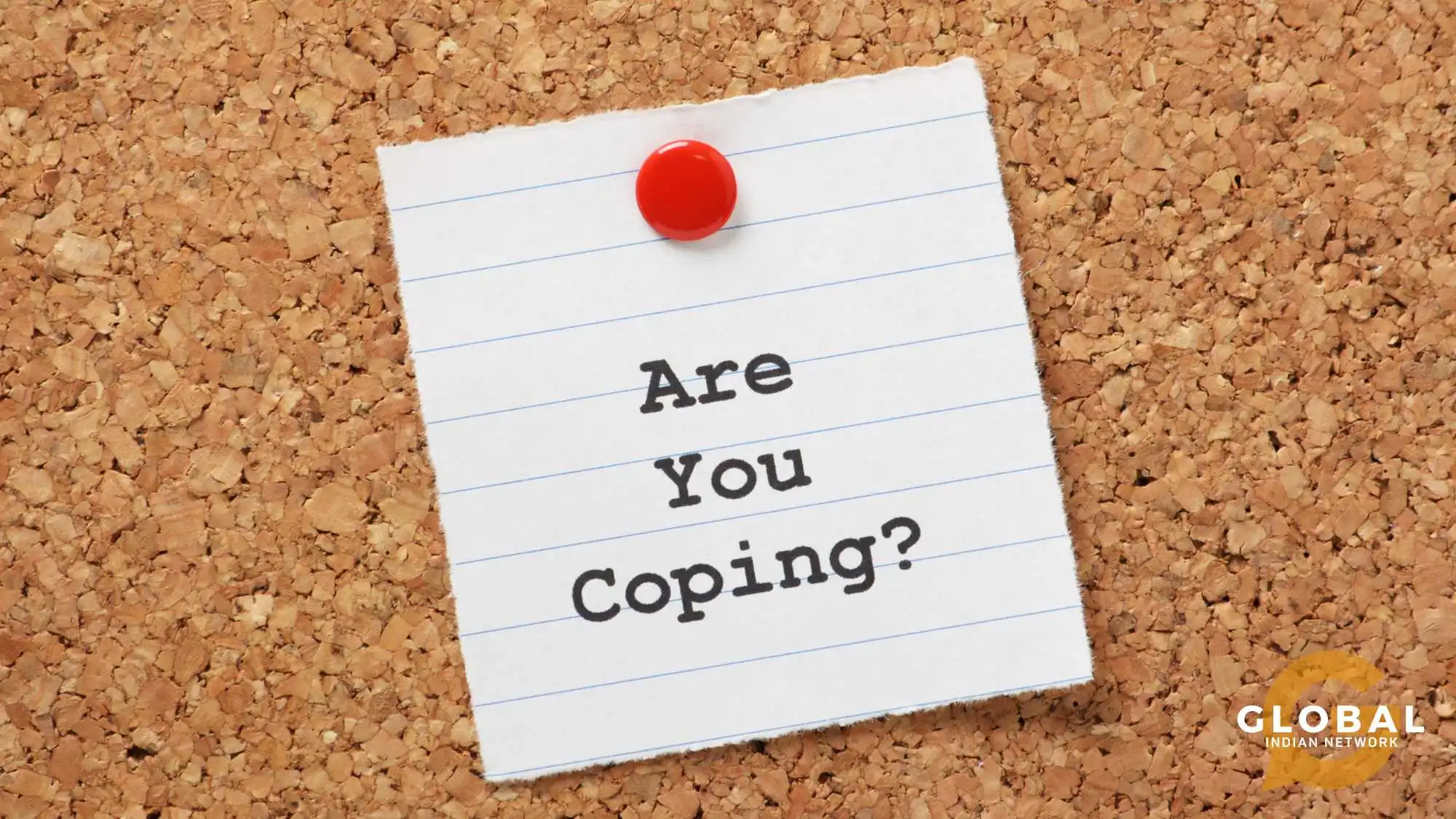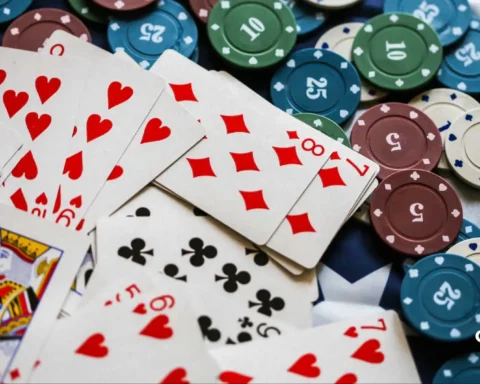Sex addiction coping skills are necessary to enable an individual to control his compulsive sexual behaviors to be in control and lead a healthy life. This complicated problem needs both self-awareness and proactive measures, professional help, and behavioural changes that help promote recovery.
Table of Contents
Understanding Sex Addiction and Its Impact
Sex addiction is the state of uncontrollable sexual drive and actions despite their destructive effects, also known as hypersexual disorder. It is entirely different from a high libido because it interferes with everyday functioning and affects personal, social, and professional life negatively. The symptoms are common: obsessive thoughts about sexual activity, excessive spending of time on sexual activity, withdrawal symptoms, and inability to control behaviors. These symptoms may cause considerable emotional anguish, such as shame, depression, and anxiety, and it is significant to treat both the psychological and physical aspects of the addiction.
It is important to identify such signs in early adulthood so that effective sex addiction coping skills can be adopted to reduce such negative effects. Get to know more about the distinction between porn addiction and hypersexual disorders and myths of female sexual pleasure.

Key Sex Addiction Coping Skills
Developing a Structured Plan
Among the sex addiction coping skills that should be developed is the establishment of a clear plan that determines the triggers of the compulsive sexual behavior. These stimuli can either be environmental, emotional, or social. The first steps are to eliminate exposure to pornographic content, not use explicit materials on the Internet, and avoid risky situations. Keeping a journal of sexual urges, when and how they were addressed, their intensity, and nature can be very informative of individual patterns and can be useful in designing specific sex addiction coping skills. This method promotes awareness and planning, which will enable one to resist all urges when they occur.
Practising Mindfulness and Managing Stress
Deep breathing, mindfulness, and grounding exercises are some of the mindfulness activities that are used to improve emotional regulation and create awareness, which is critical in managing compulsive sexual behaviors. Mindfulness helps to deal with anger, anxiety, and shame as well.
Because addictive behavior is heavily caused by stress, stress management strategies such as progressive muscle relaxation, yoga, and breathing exercises alleviate tension and the urge to use hypersexual behavior as a stress coping mechanism.
Engaging in Healthy Hobbies
Distracting activities like reading, writing, listening to music, or exercising outdoors are all positive activities that give one satisfaction against compulsions. These activities minimize stress and anxiety, which are some of the triggers of addiction.
Sports such as cardiovascular workouts or a simple walk increase mood and decrease anxiety levels, which is a healthy form of burning up energy.
Group Therapy and Peer Support
Talking about sex addiction may be challenging because of shame and embarrassment. Group therapy is also a non-judgmental setting where group members can share their experiences, creating a sense of honesty and responsibility.
Programs such as 12-step Sex Addicts Anonymous and Sex and Love Addicts Anonymous have positive peer support and allow less isolation, and learn healthy interpersonal skills. By seeing the recovery of other people, one gets hope and much-needed sex addiction coping skills.
Seeking Support
In addition to professional therapy, it is important to have a close friend or family member who will provide emotional support. These relationships alleviate loneliness and bring comfort and improvement in the success of recovery by having a reliable support system.
Embracing Self-Compassion
The skill to replace self-criticism with self-compassion allows individuals to walk the road to recovery with compassion for themselves, thanking themselves in the process of their recovery. This sense of emotional support is an essential sex addiction coping skills that assists in the process of fighting back guilt and shame.
Seeking Professional Help
Professional intervention is usually needed in sex addiction recovery. The biological, psychological, and social triggers require specific individualized therapy to comprehend them.
Therapeutic approaches include:
- Cognitive Behavioral Therapy (CBT) is used to detect and modify cognitive patterns causing addiction.
- Acceptance and commitment therapy (ACT) involves the acceptance of compulsions and commitment to behavioral change.
- To increase motivation to change, Motivational Enhancement Therapy (MET) aims to increase motivation.
- Dialectical Behavioral Therapy (DBT) works with people with co-morbid personality disorders.
- Psychodynamic Psychotherapy of the unconscious conflicts.
- Couples Therapy that helps in communication and healing of relationships.
- Pharmacotherapy to counter mental health comorbid conditions such as bipolar disorder or anxiety.
Conclusion
Sex addiction has significant implications for emotional and physical health, relations, and daily life. The acknowledgement of the problem and effective sex addiction coping skills are very important to recovery. The process includes the creation of systematic strategies, mindfulness, positive activities, support networks, self-compassion, and professional assistance.
The process of recovery is slow and should be taken with patience. Through appropriate measures and encouragement, people will be able to take back and ensure healthy and rewarding relationships.

FAQs
What are the common signs I should watch for when learning about sex addiction coping skills?
Common indications of sex addiction are preoccupation with sexual thoughts, an excessive amount of time spent on sexual activities, a large number of compulsive sexual partners, feelings of guilt or shame, an inability to moderate sexual behavior, and withdrawal symptoms when not able to engage in sexual activities. Recognizing these symptoms will help you incorporate effective sex addiction coping skills.
How do sex addiction coping skills help in managing triggers and urges?
sex addiction coping skills emphasize the importance of identifying personal triggers, creating a detailed log of urges, mindfulness, stress relief activities, and healthy distractions. These coping skills build a sense of control and decrease impulsive behaviors.
How do I differentiate between high libido and sex addiction?
Sex addiction disrupts daily functioning and leads to compulsive behaviors despite negative consequences, whereas a high libido is simply a strong sexual desire without these detrimental effects.
What healthy activities support sex addiction coping skills effectively?
Exercise, other positive distractions (like reading or music), and outdoor activities promote sex addiction coping skills by providing positive distractions and minimizing stress/ regulating compulsive behaviors.










[…] snake venom addiction requires a collective effort from individuals, healthcare professionals, law enforcement, and […]
[…] Sex addiction, a complex condition, can significantly influence cerebrum function and behaviour. Understanding its side effects and fundamental causes is crucial for grasping neurological impacts. In this article, we'll dive into sex addiction effects on the brain, offering insights into the difficulties and intricacies people face in dealing with this condition. […]